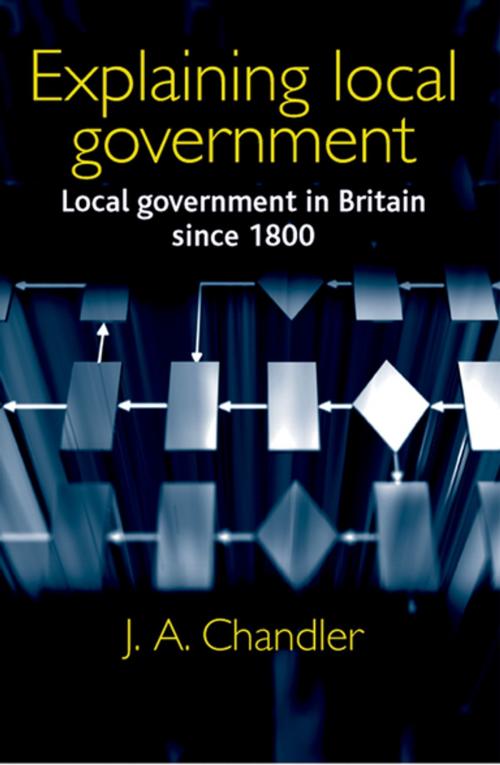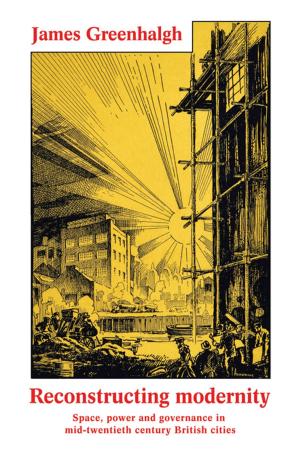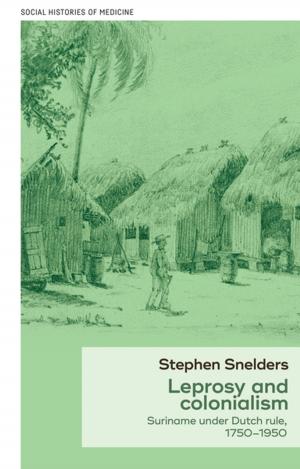Explaining local government
Local government in Britain since 1800
Nonfiction, Social & Cultural Studies, Political Science, Government, Local Government| Author: | J. A. Chandler | ISBN: | 9781847795892 |
| Publisher: | Manchester University Press | Publication: | July 19, 2013 |
| Imprint: | Manchester University Press | Language: | English |
| Author: | J. A. Chandler |
| ISBN: | 9781847795892 |
| Publisher: | Manchester University Press |
| Publication: | July 19, 2013 |
| Imprint: | Manchester University Press |
| Language: | English |
Explaining local government uniquely presents a history of local government in Britain since 1800 until the present day. The study explains how the institution evolved from a structure that appeared to be relatively free from central government interference to, as John Prescott observes, 'one of the most centralised systems of government in the Western world'. The book is accessible to A level and undergraduate students as an introduction to the development of local government in Britain but also balances values and political practice to provide a unique explanation, using primary research, of the evolution of the system. The volume begins with an analysis of the structure of local government prior to 1832. Subsequent chapters chart its development to the more uniform system of the late nineteenth century. It is then argued that the emergence of a 'New Liberal' national welfare state and the growth of the Labour Party created pressures within Whitehall and Westminster for substantive controls over local governments. This has led post-1945 to the creation of larger less local units and further restraints on local autonomy. In addition electoral competition among national parties to offer better public services ensured that national leaders could not leave local authorities to administer to local needs as they see fit. The conclusion compares the development of British centralism with the pattern of central local development and the relative conservatism in re-structuring the systems in the United States and France and argues that the Blair Government may now realise the need for greater local autonomy and neighbourhood politics but as yet is struggling to reconcile this value with its concern to steer improvements in service delivery.
Explaining local government uniquely presents a history of local government in Britain since 1800 until the present day. The study explains how the institution evolved from a structure that appeared to be relatively free from central government interference to, as John Prescott observes, 'one of the most centralised systems of government in the Western world'. The book is accessible to A level and undergraduate students as an introduction to the development of local government in Britain but also balances values and political practice to provide a unique explanation, using primary research, of the evolution of the system. The volume begins with an analysis of the structure of local government prior to 1832. Subsequent chapters chart its development to the more uniform system of the late nineteenth century. It is then argued that the emergence of a 'New Liberal' national welfare state and the growth of the Labour Party created pressures within Whitehall and Westminster for substantive controls over local governments. This has led post-1945 to the creation of larger less local units and further restraints on local autonomy. In addition electoral competition among national parties to offer better public services ensured that national leaders could not leave local authorities to administer to local needs as they see fit. The conclusion compares the development of British centralism with the pattern of central local development and the relative conservatism in re-structuring the systems in the United States and France and argues that the Blair Government may now realise the need for greater local autonomy and neighbourhood politics but as yet is struggling to reconcile this value with its concern to steer improvements in service delivery.















